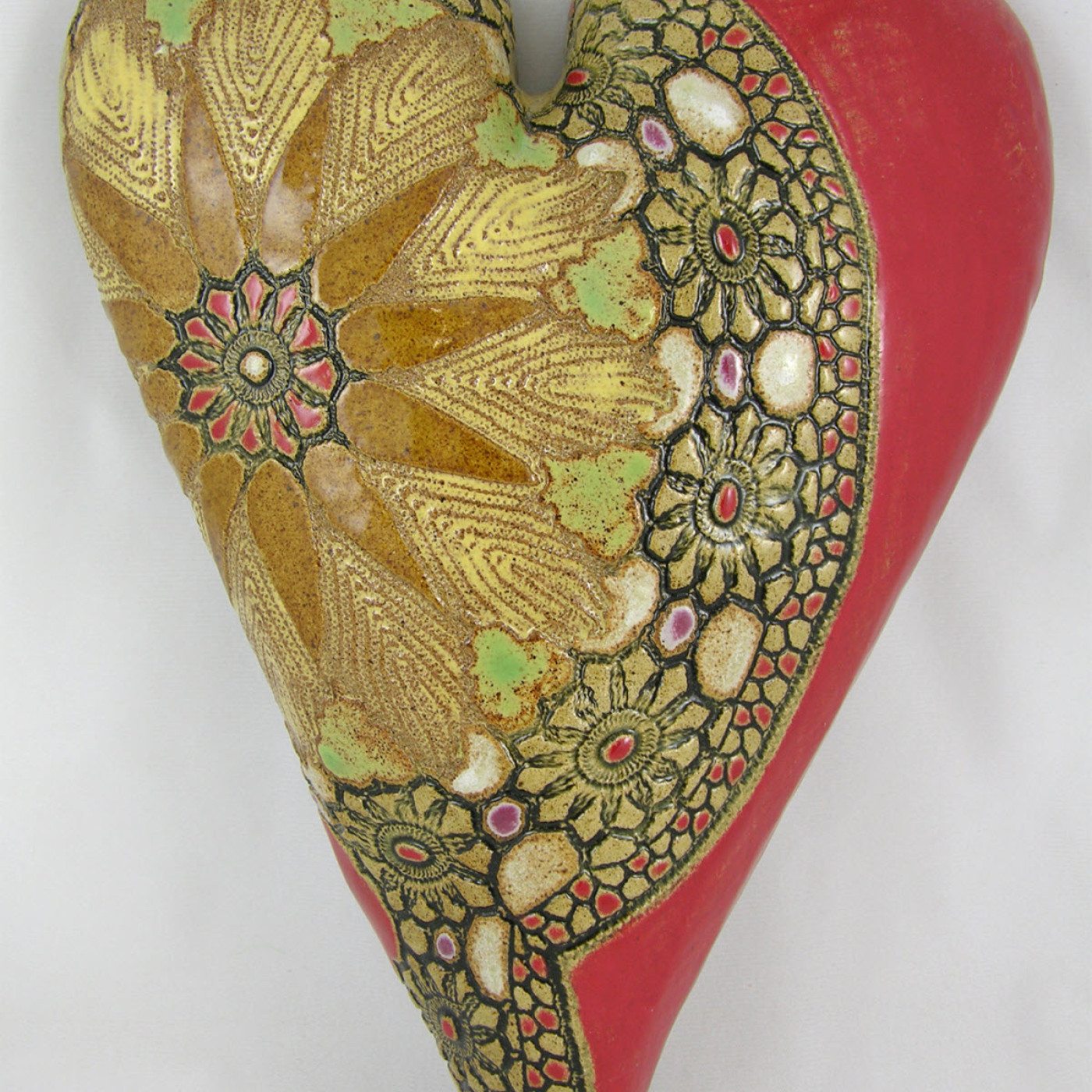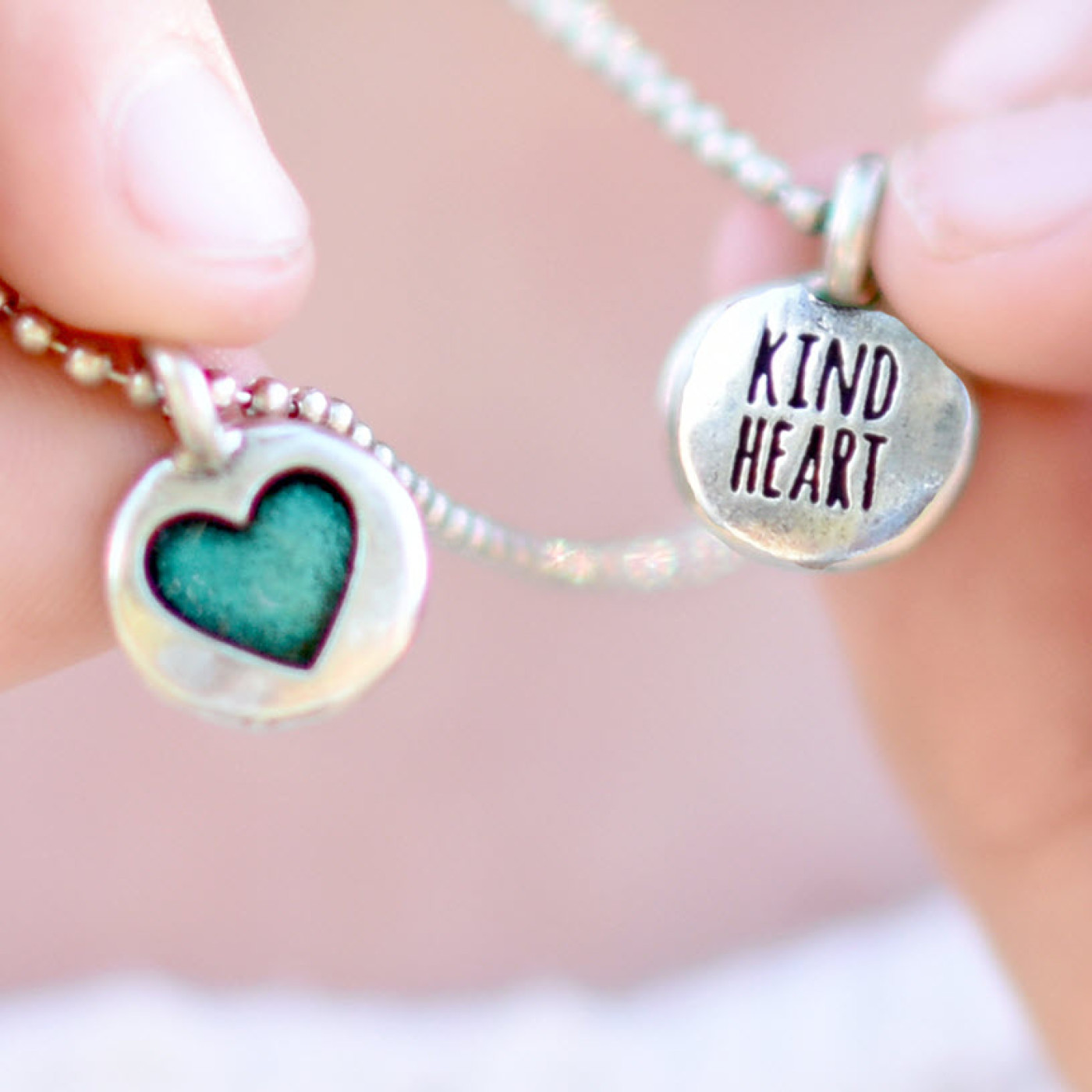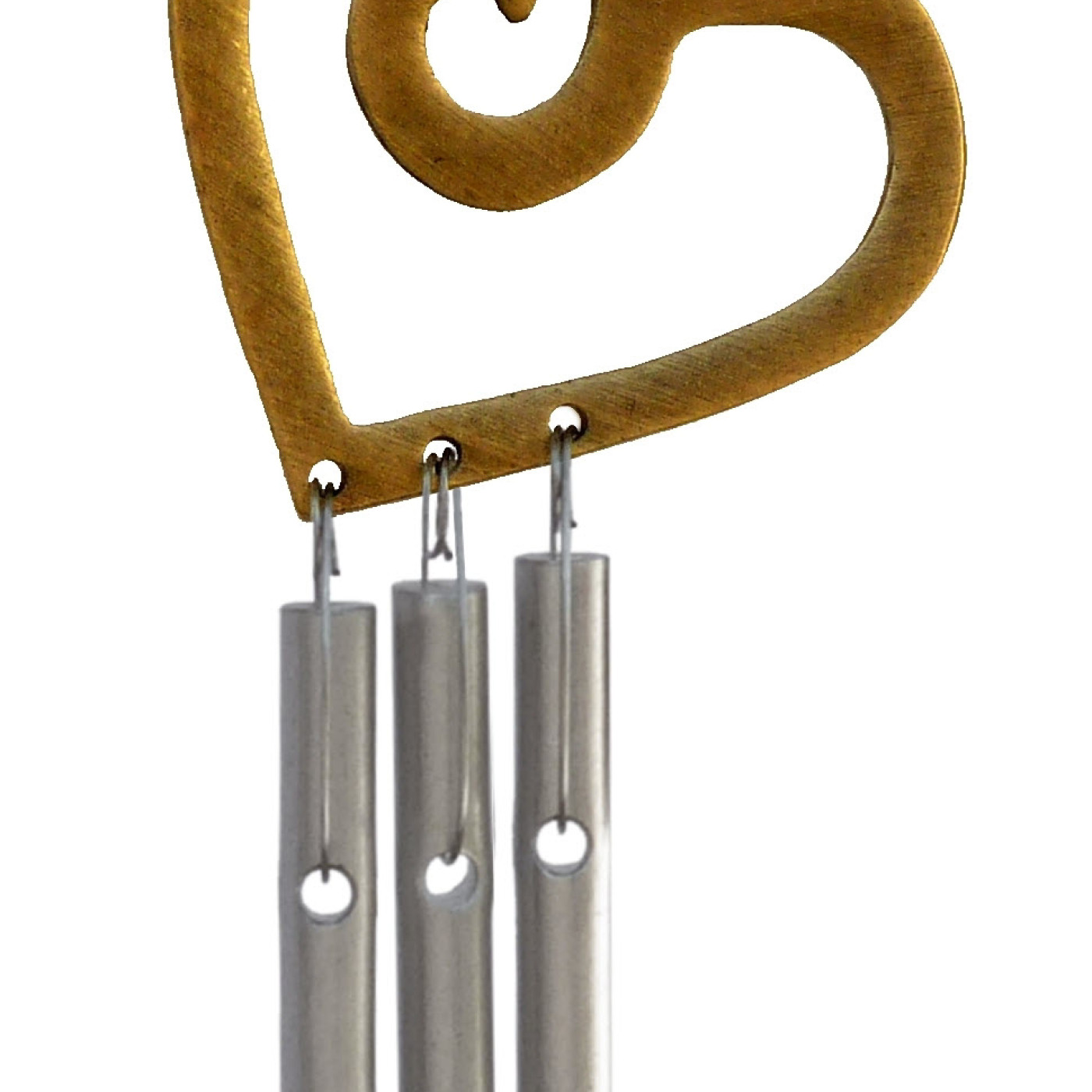The Frugal Wholesaler


Now more than ever, entrepreneurs making products they sell to stores are concerned about the price of those products. These makers know that unless they are among the fortunate few to be in the very high-end luxury market, price is always a prime consideration.
They are also keenly aware of several other constant considerations. The first is the almost relentless increase in the cost of raw materials. Simultaneously, the cost of nearly every other aspect of their business is on the rise whether that is rent, employee wages, packaging, shipping, or their utility bill.
At the same time, makers must balance both their profit margins with what the retailer and consumer will pay for their products. When they add an additional one or two dollars to an item, the retailer is going to add four or five dollars, which can put these artisans in an uncompetitive situation. All this underscores one particularly important aspect in wholesaling — managing your costs with an eagle’s eye.
In this column, I am examining how you, the maker, can reduce your operating and product expenses. Not every suggestion applies to every type of product, but it is of utmost importance that you commit to making cost-effective decisions be a routine part of your business administration.
First, keep a watchful eye on the cost of your materials. Many times, a new entrepreneur is simply thrilled to find the exact components needed.
However, as her business grows, there may be suitable and less expensive alternatives. While ordering in bulk may be more expensive initially, the cost per item can drop significantly.
For example, many jewelers buy their silver chains from a catalog. But if you are using massive amounts of those chains, look at some of the big manufacturers. It might make each of your products less expensive to produce.
Along those lines, this tip comes from my friend and long-time wholesaler, Howard Schwartz of Whitney Howard Designs. His company makes jewelry and small pewter items, often personalized for the retailer or a large museum.
Howard says being a “frugal wholesaler is a constant practice.” He checks all his recurring bills to see if he really needs to continue that service. And he constantly checks that he is properly billed and not double-billed, because those mistakes can frequently occur.
Another tip from Howard concerns printing business materials. As we know, printing small quantities is expensive, but as you increase the amount, the cost per item drops drastically.
So, he makes a concerted effort to estimate his annual needs and to then print one time for the entire year. If you are using packaging materials or product collateral like earring cards, this could be a significant saving for every product.
This tip may not be as useful if you are printing items like a line sheet that includes pricing information that can become outdated. But on items like business cards, postcards, and artist cards, it can be a significant way to save.
Laurel Grey, another one of my wholesale artist friends, makes gorgeous, fused glass creations. She suggests saving on shipping costs by reusing boxes.
She says she “never buys new boxes” and instead has a deal to buy boxes from a local food business for just $1 each. They fit her product perfectly, and she saves a great deal.
Laurel also frequently “pulls from the recycling bin at my studio facility.” Because she ships fragile glass items, she hunts for the best price on enormous quantities of bubble wrap.

She has printed her own labels that say, “We purposely ship in USED packaging, please REUSE, too.” Laurel posts those stickers near the shipping label on every box. Most of your customers are recycling fans and will appreciate your environmental efforts.
The only caveat I will note is many do not appreciate receiving a ton of boxes that say “Amazon” all over them, particularly if they own a shop that specializes in handmade American products. If possible, avoid those boxes or cut them up for use as inside packing materials.
Laurel also purposely designs elements of her products that an assistant can easily accomplish. Laurel can then spend more time on the complicated tasks and free up more of her time for the design process. She is now looking for a bookkeeper who can ease her time and produce more accurate financial information for her business.
Her other hint is to look around your own home and see if you use products that come in reusable containers. For instance, she cleans and saves the black plastic containers from rotisserie chickens and pre-made meals.
She then uses them to organize components, soak pieces, and transport materials. She says they are durable, the perfect size, and stack well. Plus, they do not look bad in her studio.
Speaking of shipping, veteran wholesalers Sam and Max Solomon chimed in to say how important it is to have accounts with carriers like UPS. Do not take your packages to the local UPS store — it will cost you far more.
You want to make sure you receive the lowest commercial rates possible. If you do not ship substantial amounts, open an account with a company like Pirate Ship, EasyPost, or Shippo.
Those companies have accounts with the U.S. Postal Service and UPS and can pass that discount on to you. At the very least, use the Postal Service’s Ground Advantage for small packages.
For those of you who lease commercial space, Sam and Max suggest asking for the longest term you feel is comfortable, with a minimum of five years. Many landlords insist on triple net leases. You pay the property taxes, legal fees, and expenses, and that can be unpredictable.
Depending on your local rental market, you may be able to negotiate a gross lease in which the base rent includes all the expenses. It will cost more per square foot, but you will likely pay less in the end.
Max and Sam manage the production of two wholesale lines, Jacob’s Chimes and Heart the Moment greeting cards, bringing decades of successful wholesaling experience. Their final piece of advice is to have your own website for your product.
Make it informative, fun, and up to date. You do not necessarily need a wholesale section, but your site should point out that you welcome retail locations.
You can also post a directory of your retailers, so consumers can locate one near them. If you are selling on a wholesale platform like IndieMe or Faire, it is important to add a link that takes the retailer directly to your store on those platforms.

Their final suggestion is to make marketing on social media a regular part of your business routine. Post your news on Facebook and Instagram at least two times a week so customers begin to know who you are and how wonderfully unique your products are. Provide links to your website if you sell retail — or to a list of stores where they can see and buy your creations.
Another frugal tip may initially appear counterintuitive. However, several product makers are adamant in saying, “Don’t do everything yourself!”
Laurie Pollpeter Eskenazi, who creates incredible ceramic sculptures, hired an assistant to manage her office and shipping area. This person pulls and organizes the orders, maintains the files and office supplies, and oversees packing and shipping. She even found a recycling program run by a local church that has saved Laurie’s business a considerable amount on shipping expenses.
One last tip I leave with you is to control your inventory with regular analysis. While retailers are always seeking what is new, it often means unguarded inventory growth, which can add immeasurably to your overall business expenses.
So, do not be afraid to retire or refresh some older products. A well-known jeweler has a constant line of basic pieces and then twice a year introduces a special limited-edition themed collection. He gets to nourish his creative juices, and retailers love these once in a lifetime items.
Many thanks to all the wholesalers who contributed their frugal ideas for this article. If you have some to add, drop me an email. I may do another piece on this important topic of managing your business expenses.
Diane Sulg is executive director of CRAFT and founder and co-chair of American Craft Week (ACW). She is a handmade advocate who provides valuable information in her one-day seminars titled “All About Wholesale” at wholesale shows throughout the United States. Diane is the former owner of Maddi’s Gallery, in Charlotte and Huntersville, North Carolina.
